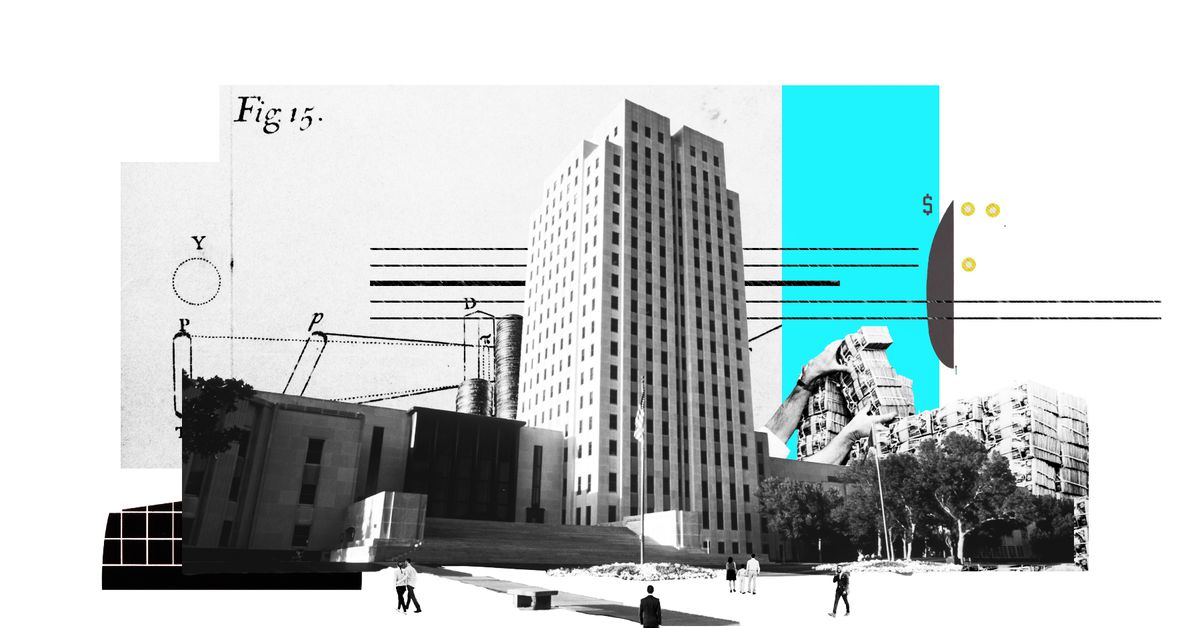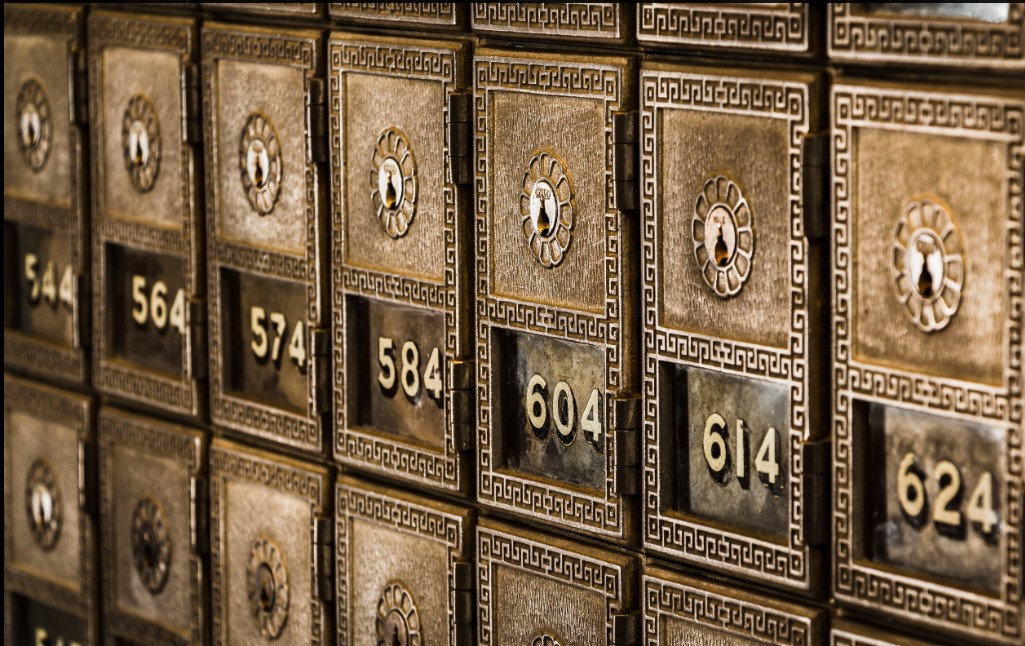The Bank of North Dakota, or BND, is the nation’s only public bank: a government-owned and -operated entity that prioritizes public access over profit, and offers fair banking services to North Dakotans when private banks can’t or won’t. “It is potentially insulating you from loans, lenders, from out-of-state interests who won’t or don’t listen to the concerns of the local economy,” Flynn said.
At the time of its creation, BND’s purpose was to protect the state’s farmer class by offering low-interest agriculture loans. A century later, the bank is still an active force in the state, although its function has shifted, Flynn said, “from an insulator to more of an incubator.”
With $8 billion in assets, BND now offers business and student loans along with commercial services. Its purpose, however, continues to distinguish it from modern private banks. “When a US bank isn’t interested in going into that type of loan or startup, or thinks it’s too risky, BND would get engaged,” Flynn said. “They could point to this mission and say, ‘We’re helping growth, the growth helps the state.’”


